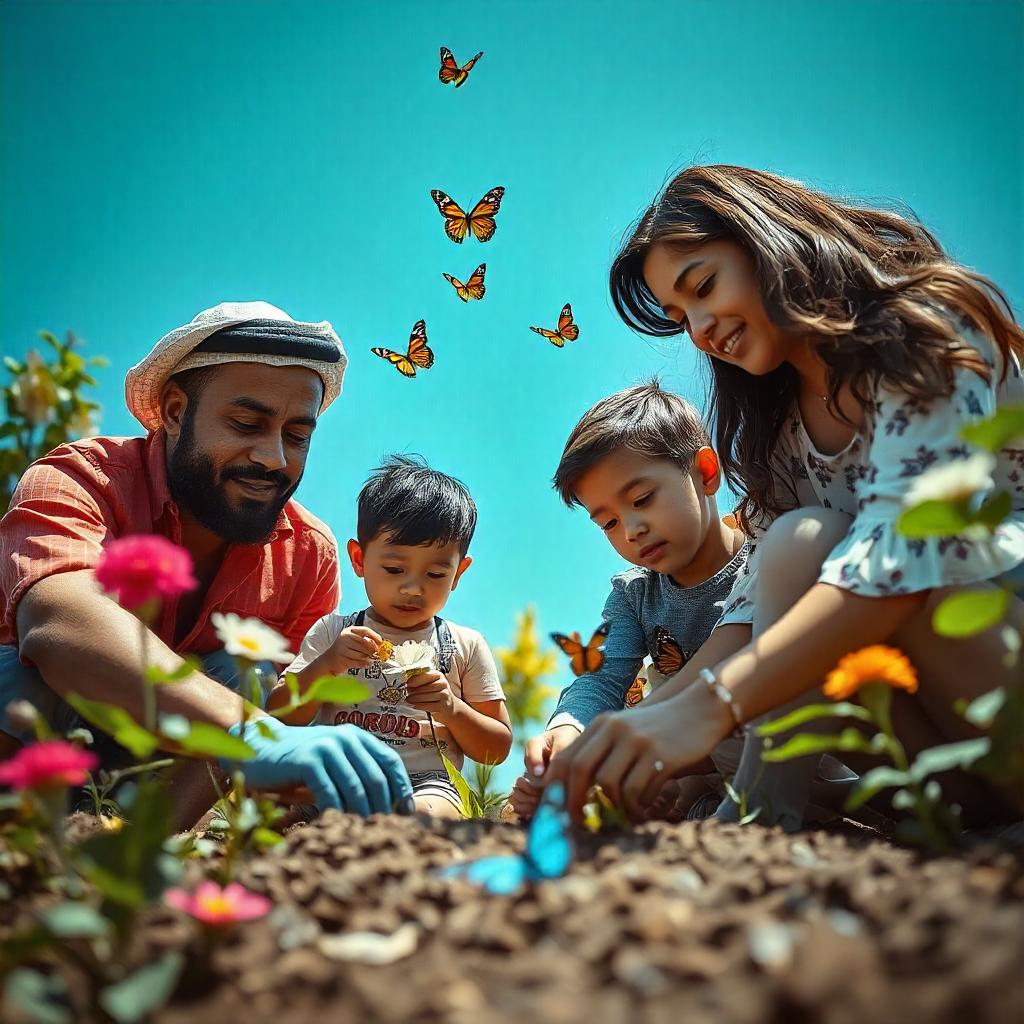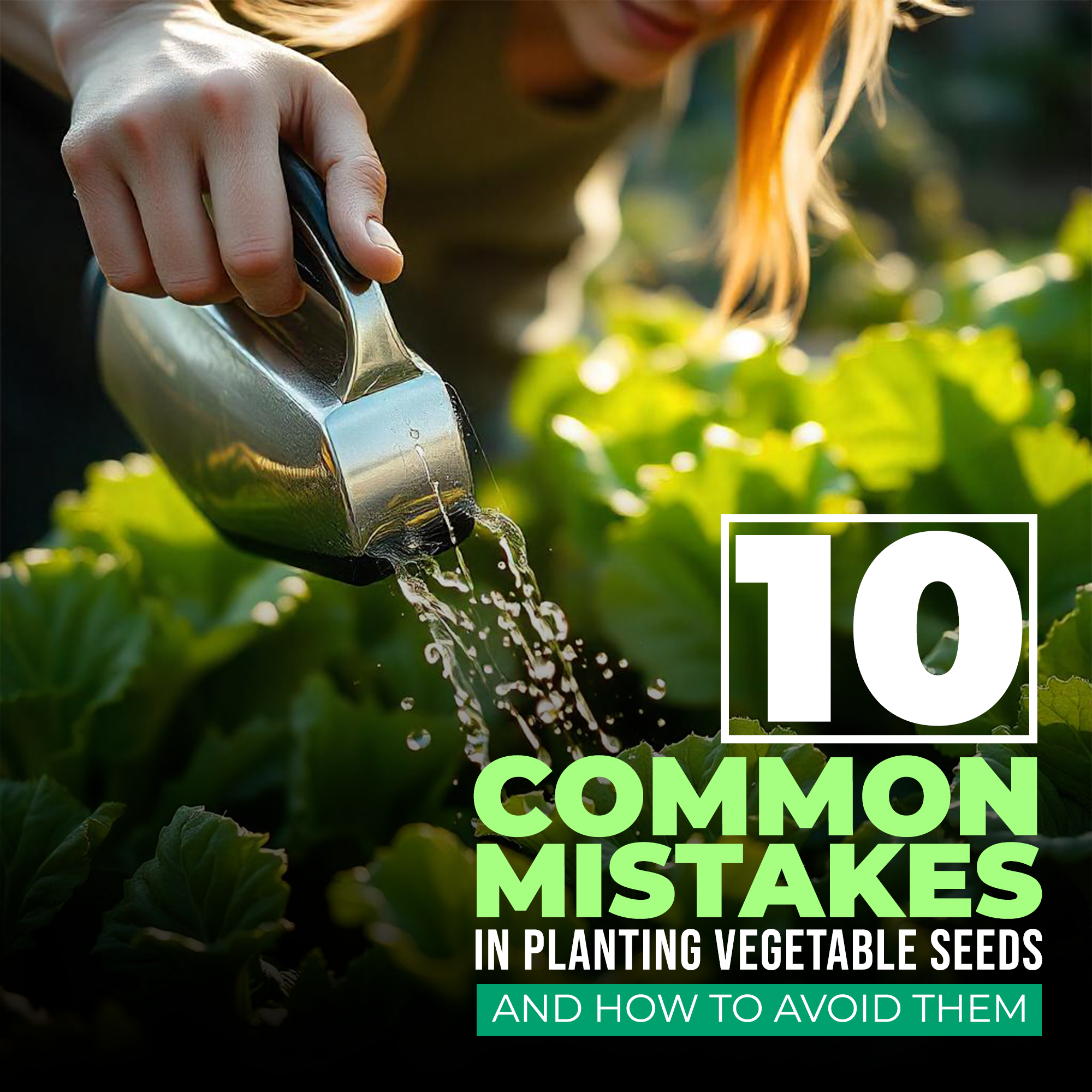Les 5 meilleurs conseils pour réussir la germination de vos graines biologiques
Cultiver ses propres aliments a quelque chose de magique : voir de minuscules graines biologiques se transformer en plantes vibrantes et vivifiantes est une expérience profondément enrichissante. Dans un monde qui semble souvent pressé et déconnecté, le jardinage nous permet de ralentir et de nous reconnecter à la terre. Il apporte un sentiment d'accomplissement et de réalisation que peu de choses dans la vie peuvent offrir. Qu'il s'agisse de la première pousse d'un plant de tomates ou de la vue de graines de légumes s'épanouissant dans votre jardin, cultiver vos propres aliments à partir de graines biologiques n'est pas seulement un moyen de nourrir votre corps, mais aussi votre âme.
Mais pour profiter de cette joie, tout commence par une étape cruciale : la germination. Voici comment vous pouvez réussir à faire germer vos graines de jardin et mettre votre espace sur la voie d'une croissance abondante.
1. Commencez avec le bon environnement
Les graines de plantes ont besoin d'un environnement chaud et confortable pour germer. Idéalement, des températures entre 18 et 24 °C sont parfaites pour la plupart des graines. Conservez vos graines à planter dans un endroit chaud, par exemple près d'une fenêtre ensoleillée ou même au-dessus d'un réfrigérateur où la température reste constante.
Essayez ceci : nos graines de tomates et de concombre biologiques germent magnifiquement lorsqu'elles sont conservées à une température constante. Parfait pour les jardiniers amateurs à la recherche de résultats fiables avec leurs graines de légumes .
2. Fournissez une hydratation adéquate sans en faire trop
Les graines de plantes ont besoin d'humidité pour démarrer le processus de germination, mais un arrosage excessif peut les étouffer et entraîner la pourriture. Gardez le sol ou le substrat de semis humide, mais pas gorgé d'eau. Un simple vaporisateur est un excellent moyen de garder vos graines de fleurs ou d'herbes hydratées sans les noyer.
Graines recommandées : Si vous commencez avec des graines d'herbes délicates comme le basilic ou la laitue, assurez-vous d'un niveau d'humidité léger et uniforme pour une germination saine.

3. Donnez-leur de la lumière, mais pas trop
La plupart des graines de fleurs sauvages et de légumes anciens n'ont pas besoin de lumière avant de germer, mais une fois qu'elles germent, elles en ont besoin de beaucoup. Placez-les dans un endroit bien éclairé ou sous des lampes de culture pendant au moins 12 à 16 heures par jour une fois qu'elles ont germé. Cependant, certaines graines de plantes préfèrent germer dans l'obscurité, alors vérifiez toujours les exigences spécifiques.
Variétés suggérées : Les graines de tournesol et de pois sont parfaites pour ceux qui recherchent quelque chose à croissance rapide et gratifiant, prospérant avec juste la bonne quantité de lumière après la germination.
4. Assurer une bonne circulation de l'air
Une bonne circulation de l'air prévient les problèmes de moisissure et de champignons dans vos graines de jardin . Si vous faites germer vos graines à l'intérieur, utilisez un petit ventilateur pour faire circuler l'air doucement autour des plantes. Cela aidera vos semis à devenir plus forts et plus sains.
Excellents choix : les variétés rustiques comme la coriandre ou les zinnias (toutes deux disponibles sous forme de graines d'herbes et de graines de fleurs ) aiment la circulation d'air et s'épanouiront dans des espaces bien ventilés.
5. Soyez patient et restez attentif
La germination demande du temps et de la patience. Certaines graines de fruits ou de légumes peuvent germer en quelques jours seulement, tandis que d'autres peuvent prendre quelques semaines. Vérifiez quotidiennement le taux d'humidité de vos graines et les premiers signes de germination. Cette étape est essentielle pour garantir que vos plantes reçoivent les bons soins au bon moment.
Graines en vedette : les mélanges de fleurs sauvages peuvent prendre un peu plus de temps à germer, mais vous récompenseront avec un jardin plein de couleurs qui attirent les pollinisateurs. Parfait pour ceux qui cherchent à entretenir un jardin naturel et biologique.




Laisser un commentaire
Ce site est protégé par hCaptcha, et la Politique de confidentialité et les Conditions de service de hCaptcha s’appliquent.